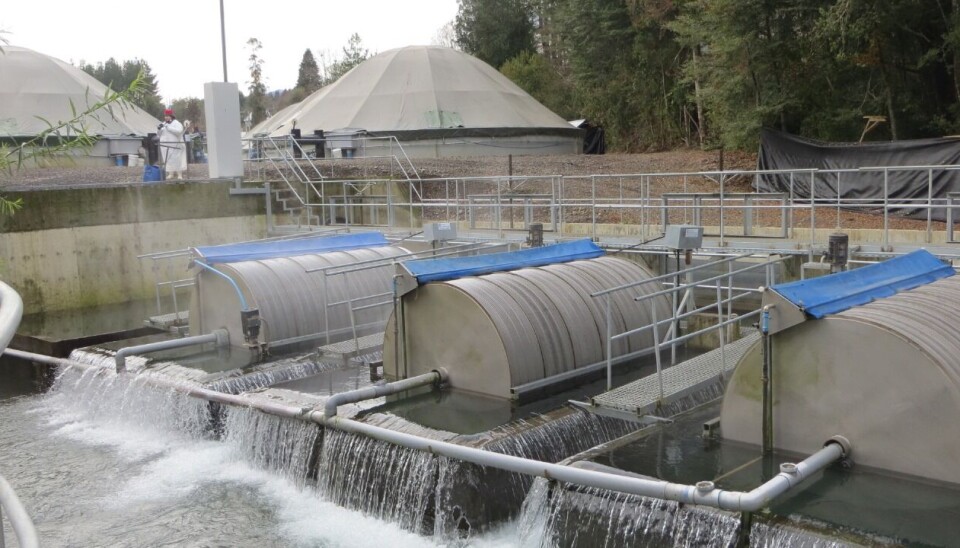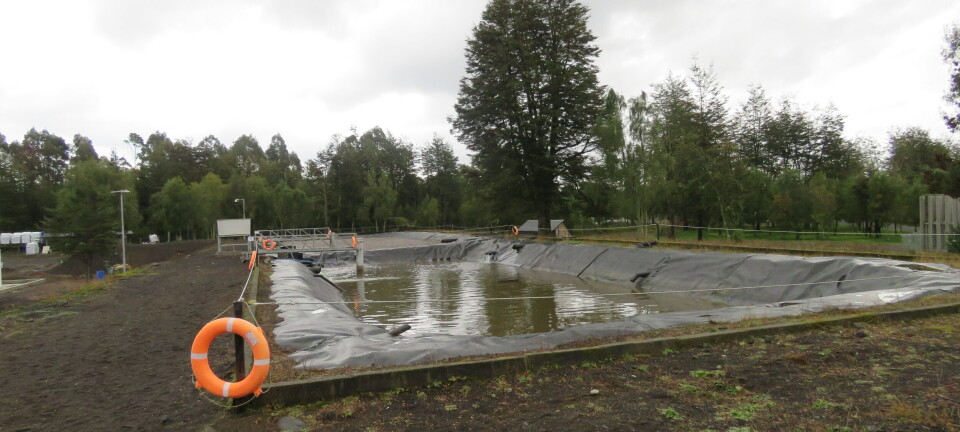
SalmonChile values the publication of sludge regulations in fish farms
Salmon farming will be able to revalue these residues and consider them as by-products, also reducing the carbon footprint that was produced by moving them hundreds of kilometers to landfills.
Through a press release, the SalmonChile association celebrated the recent publication in the Official Gazette of the regulation on sludge generated in fish farms, which recognizes that these can contribute to the environment when used as alternatives for improving agricultural soils.
"For 15 years we have been managing with various governments to recognize that sludge can enhance degraded soils. In our productive sector, these residues are produced which have a high nutritional value, particularly in phosphorus and nitrogen, which until before the publication of this Regulation and once it comes into force, that is, one year from the publication in the Official Gazette, are disposed of in landfills," stated the territorial representative of SalmonChile, Ricardo López.
Following the publication of the regulation, salmon farming will be able to revalue the sludge and consider it as a byproduct, also significantly reducing the carbon footprint that was produced by moving it hundreds of kilometers to landfills located in Los Lagos, Los Ríos, and Biobío.
“With this, many small farmers will be able to improve their crops, so we are very happy to be able to collaborate as an industry in the development of the circular economy, which is in turn sustainable and compatible with environmental care,” pointed out the representative of SalmonChile.



















